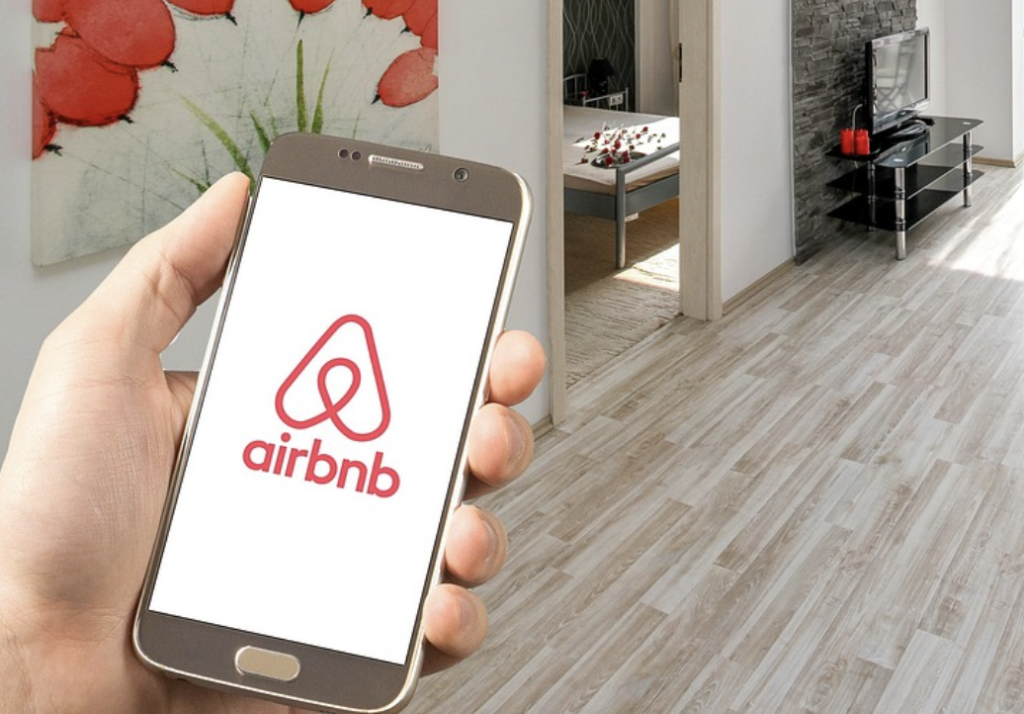AirBnB Is Full Of Vacation Rental Scams, Here’s How To Recognize One
Look out for pushy business practices, avoid sending payments and messages outside the renter app, and trust your judgment to avoid steer clear of vacation rental scams.
This article is more than 2 years old

We’re still months away from the height of vacation and travel season, but it is never too early to start making plans and arranging accommodations. If you are among those early planners, you should know that there are vacation rental scams involving supposed Airbnb listings. While that news may not surprise you, it still helps to understand the signs of a scam so you can avoid them.
HuffPost spoke with a handful of experts in the travel industry to ensure you got the best advice possible. Keep them in mind (or even write them down) as you plan your epic summer adventures! So, without further adieu, here are ways to avoid getting sucked into a vacation rental scam.
First, make sure you are using the official Airbnb website or app. If you get an offer email that has any unusual language or weird-looking links, don’t click them. Directly opening the app or site will help you avoid most phishing attempts.
Spend a decent amount of time researching the area you plan to visit. It helps to gain a better understanding of the average pricing. And, if a deal looks too good, it should raise red flags.
Other items to look at include reviews, reverse image searches, or the street view of Google maps. Read the former critically, looking for anything that feels off. And before you settle on a listing, confirm it’s an actual property, not a stock image.
If you express interest in a property and start getting pressured to lock in the deal, run the other direction. Avoid any property that comes complete with high-pressure sales. Even if they are valid listings, you don’t want the stress of working with people like that.
Once you decide on a rental, pay close attention to your interactions. One of the best things to watch out for is if the property owner asks for a direct payment outside the established platform. That should set off mental alarm bells.
“‘A lot of times, scammers will ask guests to pay them directly for the trip via Venmo, PayPal, Zelle, a wire or a bank transfer, so it’s important to book straight through the listing’s owner, such as Evolve, Airbnb or Vrbo, using a secure method,’ said Mike Keenan, general counsel at the vacation rental company Evolve.” Alternatively, if a host requests that all communication occurs outside the rental platform, like Airbnb, it may be a vacation rental scam. Most communication should take place within the monitored site.
As you get closer to your trip, you will likely have questions or need more information. You are looking for clear and open communication. Anything other than that is bad news and could signify a vacation rental scam.
Booking an Airbnb should be relatively easy and stress-free. After all, it is your vacation. But if you think you may have gotten scammed during the booking process, don’t worry.
Contact the website and the authorities. The good news is that they have procedures to help victims of vacation rental scams. It’s just a major, unwanted hassle, so doing your best to avoid them in the first place will give you much-needed peace of mind.








